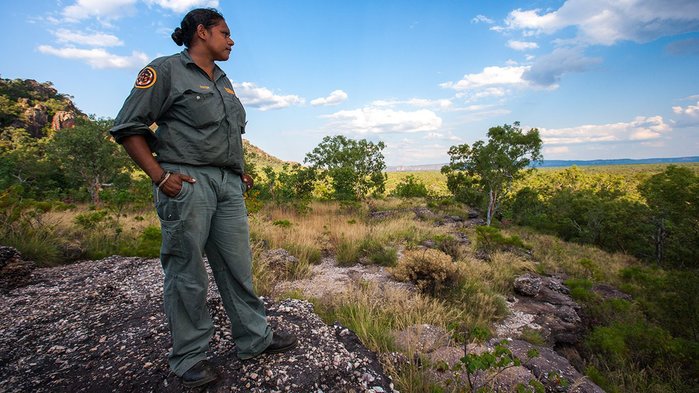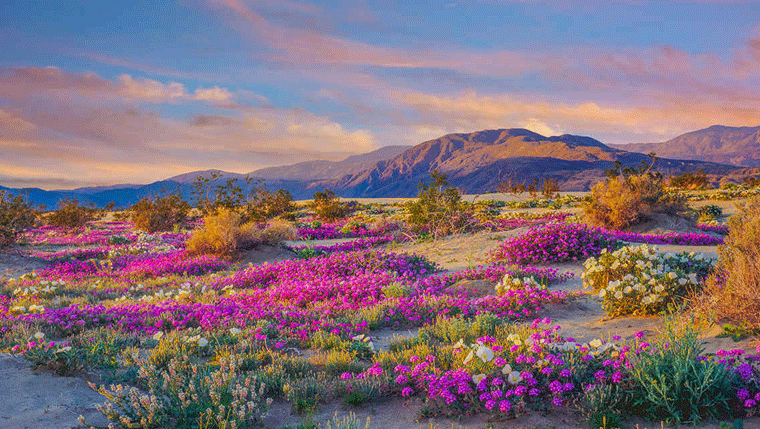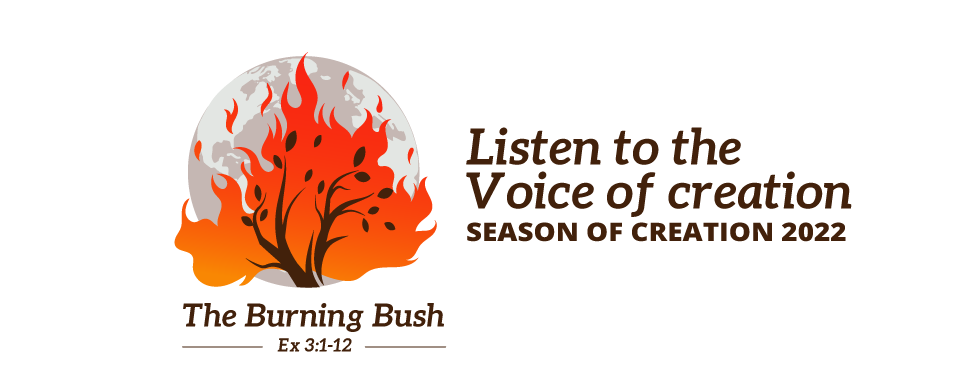
We all have varying responses to the creation that is around us every day. Some of these responses include wonder, awe, respect, thankfulness, guilt, anxiety, fear and anger. Sometimes we move between these various responses depending on what we have seen, experienced or been subject to. While each of these is a valid human response towards creation, the Scriptures suggest that three responses are most appropriate.
The first and most common response in the Scriptures is wonder and awe towards creation that is seen as vast, untameable and yet intricate and inter-connected. The witness of creation is to point us towards its Creator, God. This first response may well lead us to thankfulness and even worship.
Another response in the Scriptures is that of repentance. Quite often, creation is described as suffering or broken or groaning, which is actually a reflection of human rebellion and sin against God. The spiritual and the physical are mysteriously linked together.
A third response that flows on from repentance (= changing one’s mind) is to change one’s actions and return to following God’s ways of justice and peace and care for all of creation, which is the vocation of humanity according to Genesis 2:15. As we do this, healing and joy and freedom come to creation.
As you contemplate your own response to creation, which of these three are you most drawn to and why?



